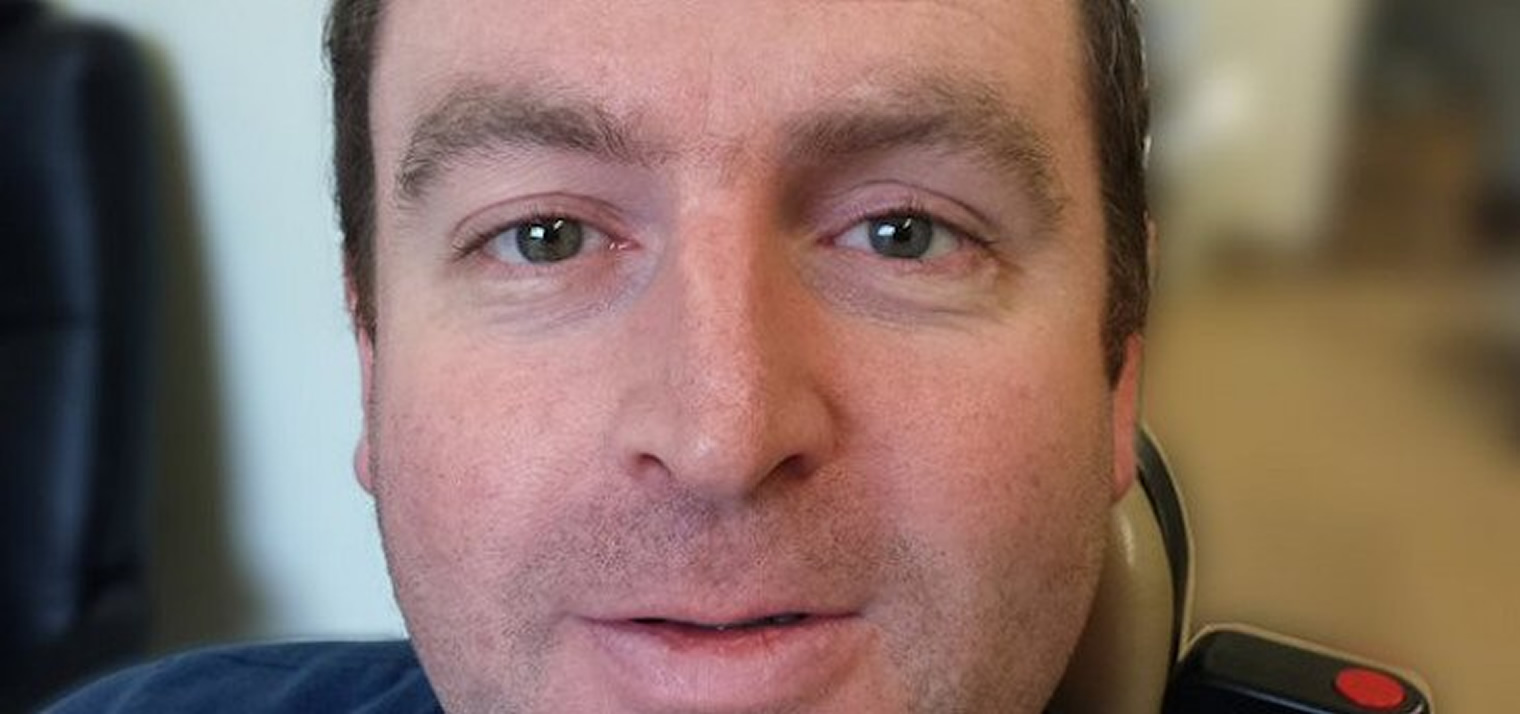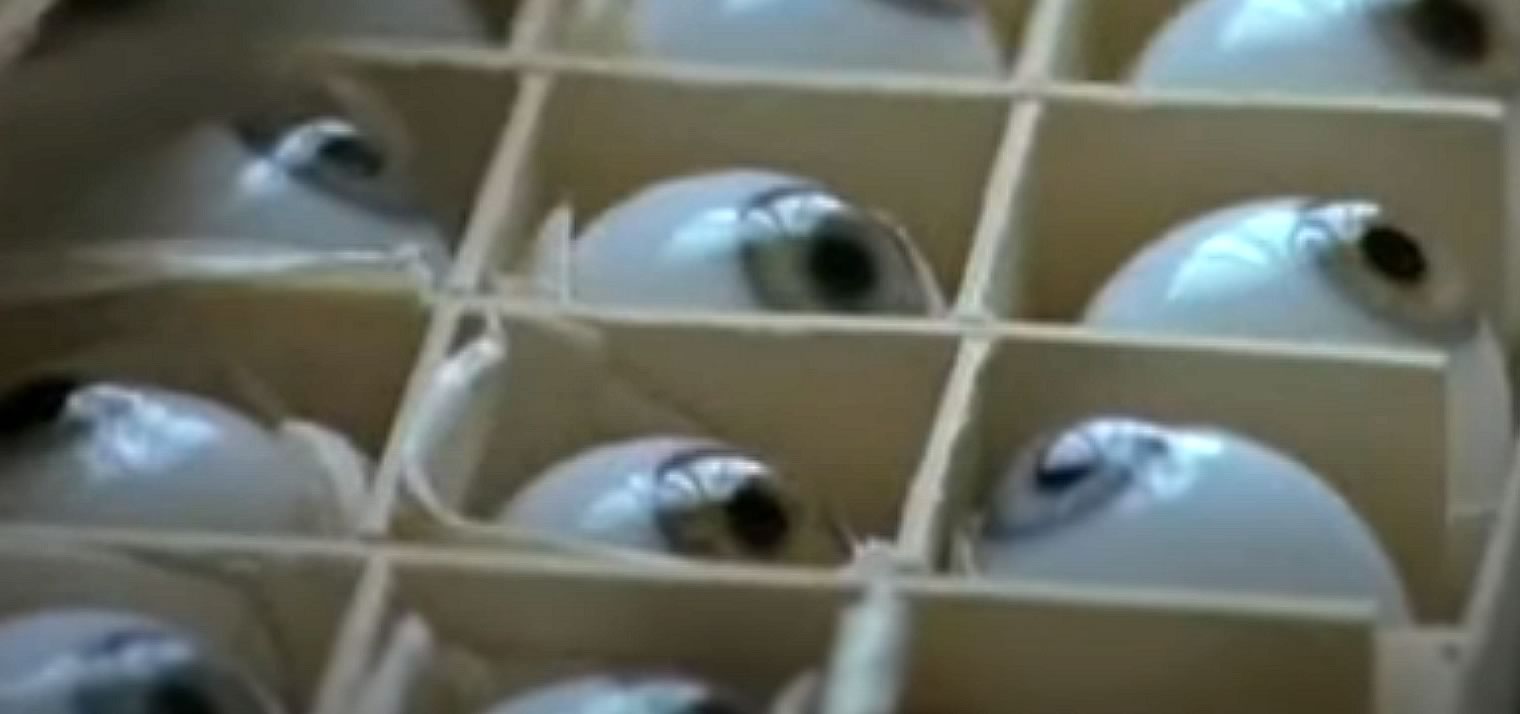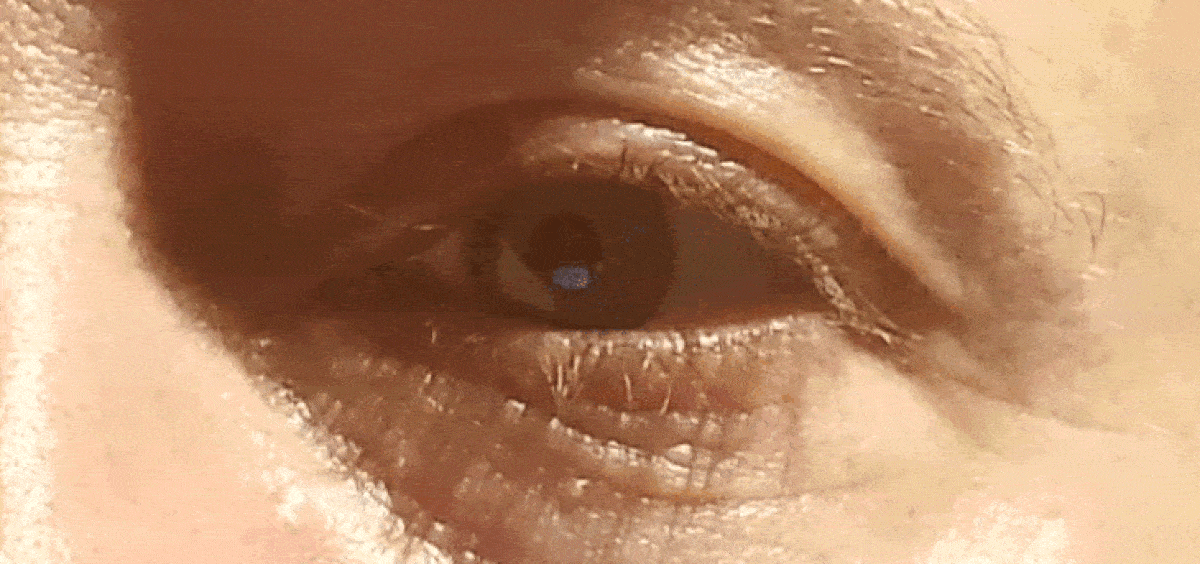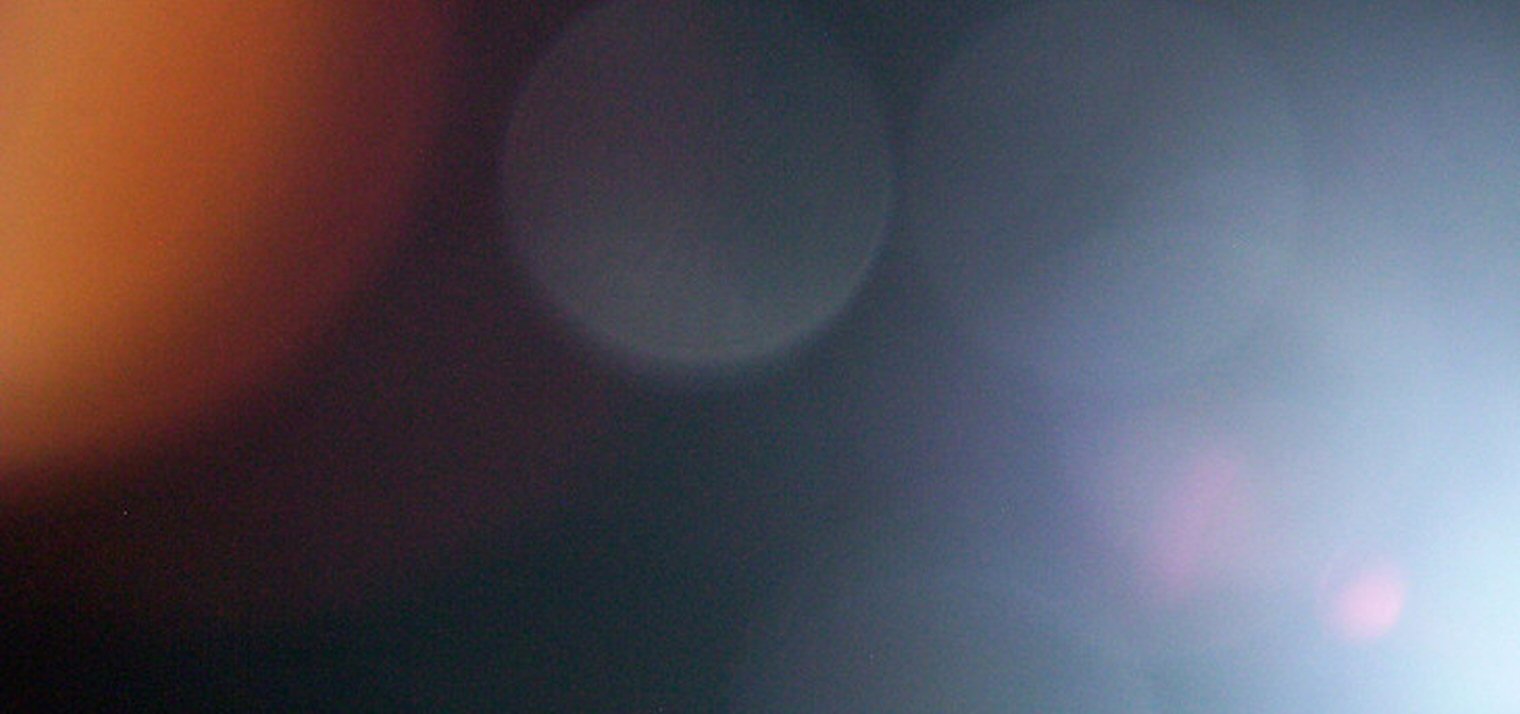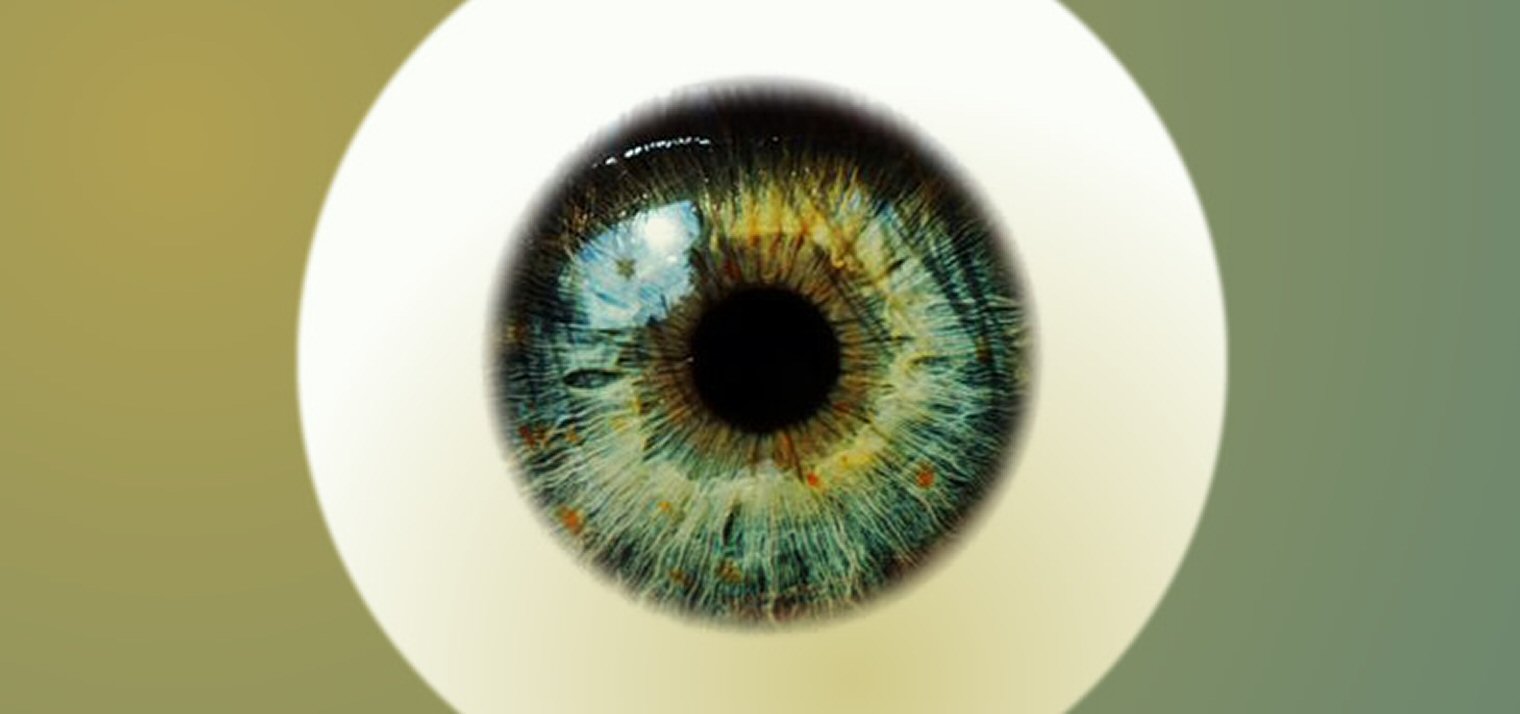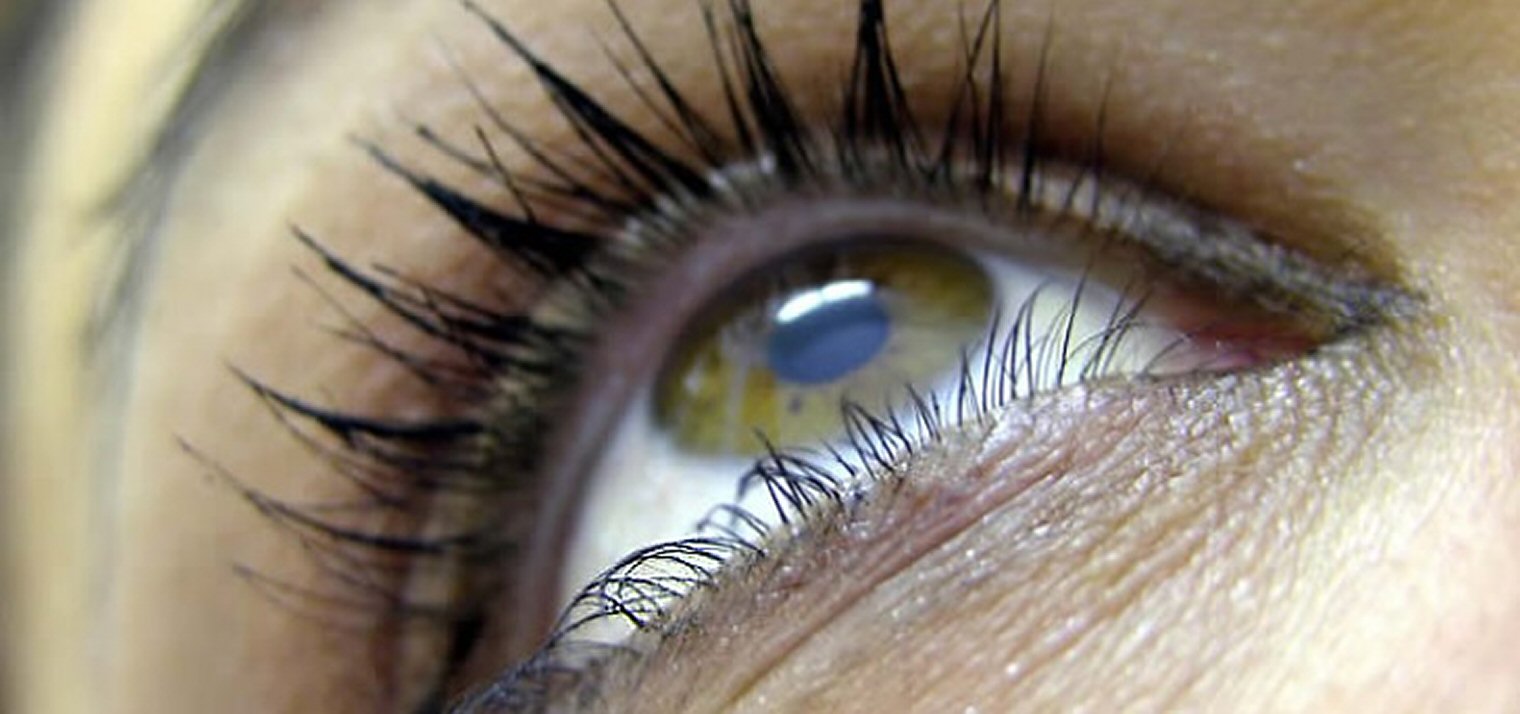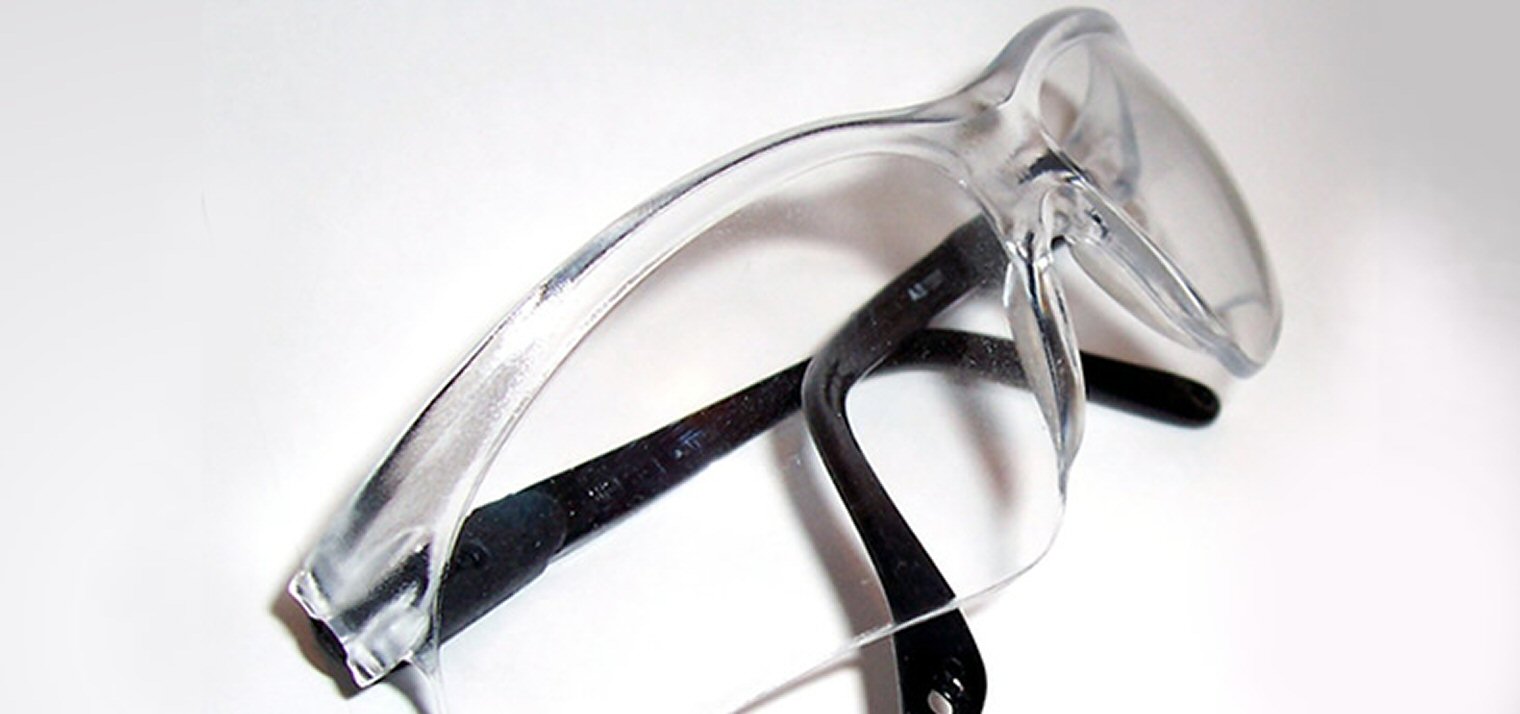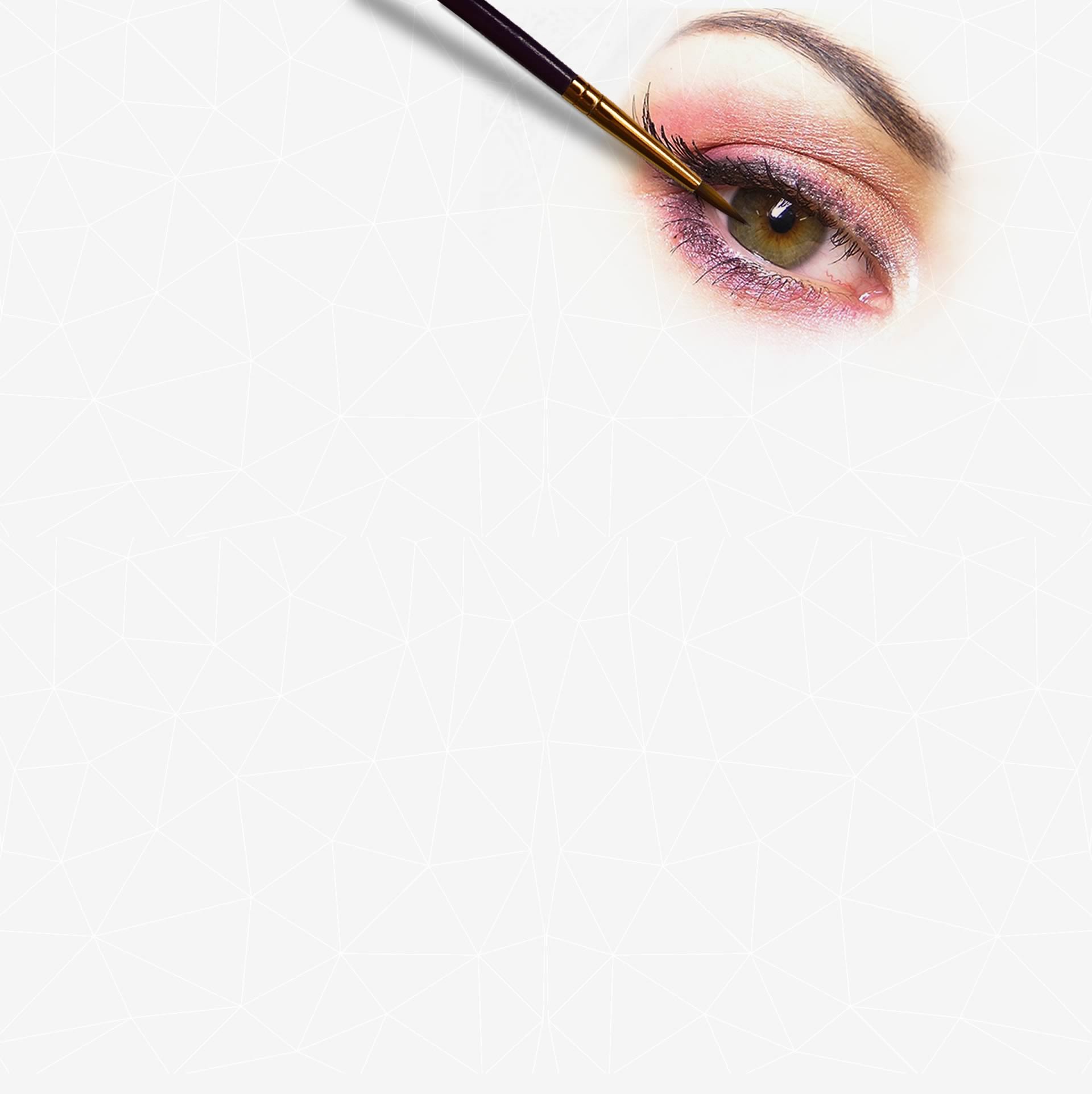
NHS LOTHIAN | OCULAR PROSTHETICS
Frequently Asked Questions
Common queries and some of the main items of note for patients relating to artificial eyes.
Will my Artificial Eye Look Real?
The short answer is yes! Every effort is made to ensure that your artificial eye will match as closely as possible to your remaining eye. It will be individually made for you, constructed to fit your socket, and the colours will be specially chosen and hand-painted as closely as possible to match your remaining eye[...]
Isn’t my Artificial Eye made of Glass?
These days the use of glass in artificial eyes has largely been superseded by acrylic plastic – the “modern” material of prosthetic eye making[...]
How Long does an Artificial Eye Last?
5-10 years is considered a good lifespan for an artificial eye, but eyes much older than this have been observed still in good condition and still being worn without problems[...]
I take part in Sports. Will this still be okay now I’ve had my Eye Removed?
Virtually all sporting activity can still be actively enjoyed by people with one eye[...]
Does having Vision in only One Eye mean that I am Partially Sighted?
Official registration takes into account the total amount of vision present – either with two eyes or only one. If you still have good vision in your remaining eye it is possible you will not be eligible for registration[...]
Why are Artificial Eyes still Hand-Painted in the Digital World?
Artist paints have a demonstrated track record of longevity proven over 70 years of artificial eye manufacture. That’s why most Ocularists still hand-paint artificial eyes because they have ultimate control over the final colour and have safe knowledge that the finished product will have a healthy lifespan[...]
My Child needs to attend the Artificial Eye Clinic. What Should I Expect?
It can be a worrying time for the parent who has to bring their child to the artificial eye clinic and can often be more upsetting for the parent than the child[...]
Why does my Eye need Polishing? It’s All About the Blink!
After awhile a build-up of protein will start to form on your artificial eye and can cause anything from general irritation to, at the extreme end, conjunctivitis-like symptoms. You won’t really be able to see the protein, but slowly you will begin to feel it and your blink will not be quite as smooth as it was originally. That’s where polishing comes in[...]
I’ve Heard I May be Able to See with my Artificial Eye. Is this True?
At first, this question may seem odd, given the seemingly obvious answer, but misinformation and rumour can still prompt the asking[...]
Can I still Drive with only One Eye?
Having vision in only one eye does not have to prevent driving, providing that vision remaining is of the required level. However, it is your responsibility to inform the DVLA and your insurance company about the loss of an eye[...]
A Glimpse of Sight?
On occasion, even though a patient is well aware that they have had their eye removed they can report experiencing a momentary glimpse of sight on their blind side[...]
Will my Lifestyle Change?
Having only one eye does not mean that you will have no depth perception, but you will have to re-learn to judge distances and depth during a range of new experiences[...]
Will my Artificial Eye Move?
Some people are surprised to find that their Artificial Eye moves[...]
Isn’t an Artificial Eye shaped like a Ball?
Wrong! An artificial eye is never a round ball! Hollywood and the motion-picture special-effects industry have a lot to do with perpetuating this myth[...]
Will my Remaining Eye get Tired?
Another popular misconception is that someone who has had an eye removed, and now only has one, will have to have periods of resting their remaining eye[...]
I’ve had my Eye Removed. What about my Job?
It is worth stating that the majority of people carry on successful and fulfilling working lives with only one eye[...]
No post found

